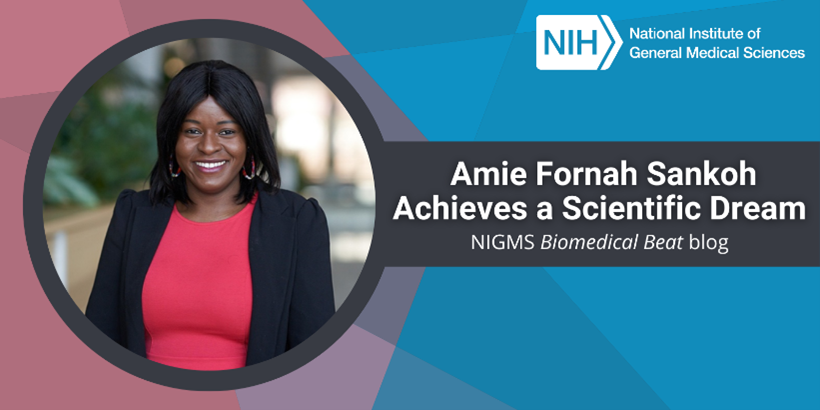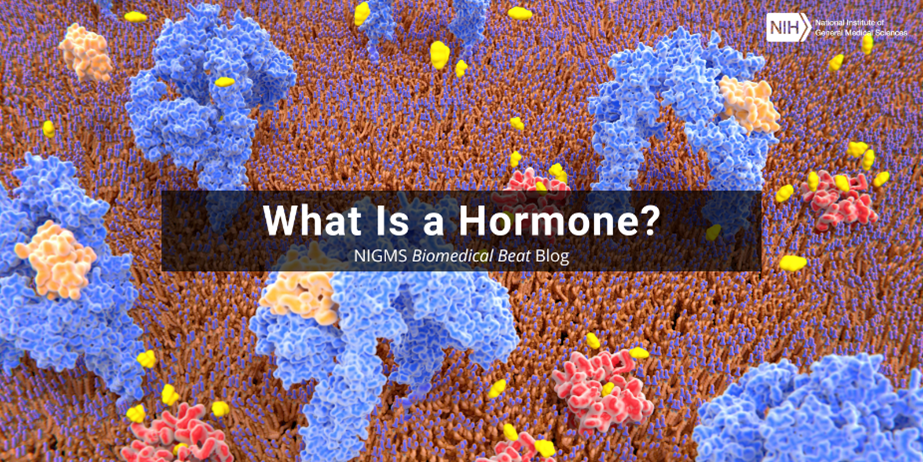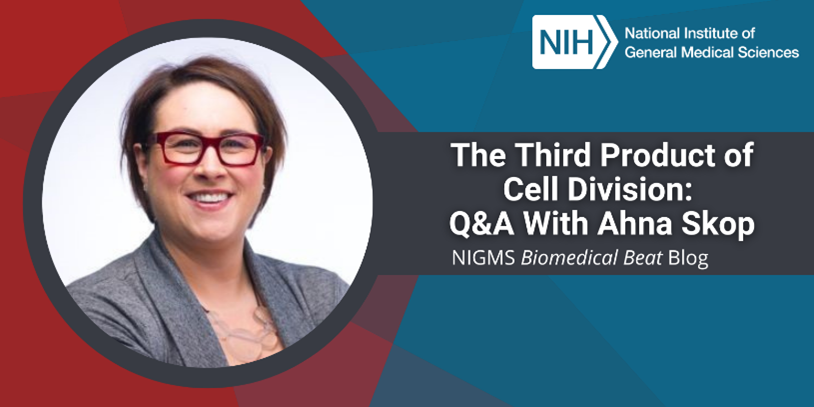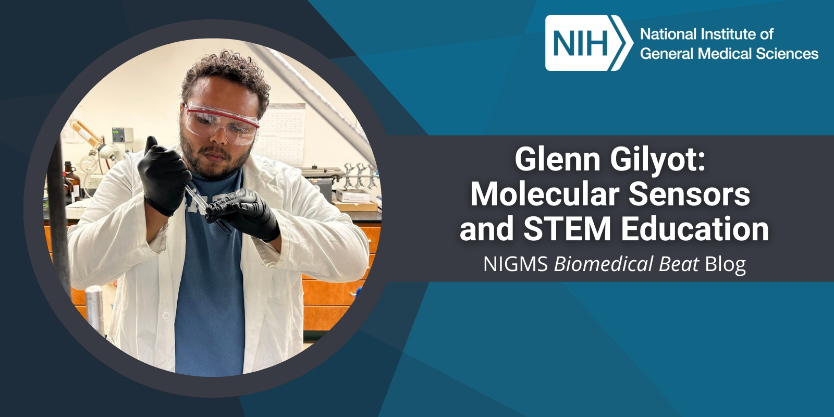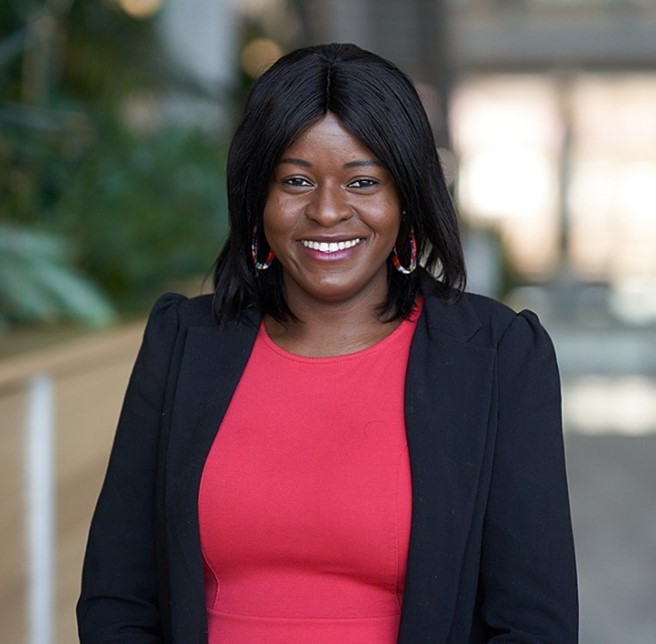
“I wanted to give up so many times. Although I tried to remain positive, I never thought I’d be able to finish my Ph.D. But I made it, and I’m extremely proud of myself,” says Amie Fornah Sankoh, Ph.D., a research scientist with Dow Chemical Company who received NIGMS support as a graduate student.
Human and Plant Communication
Dr. Sankoh has loved science and mathematics since she was just a child growing up in Sierra Leone. When she was 3 years old, Dr. Sankoh became deaf from a childhood disease. Math, unlike other subjects, is very visual, which played a part in her interest in it. “Before I learned American Sign Language when I was 15 years old, I could only understand one language: mathematics,” Dr. Sankoh says.
After mastering math in high school, Dr. Sankoh wanted a new challenge, so she explored and excelled in chemistry. She attended the Rochester Institute of Technology (RIT) National Technical Institute for the Deaf (NTID) and earned an associate degree in laboratory science technology, followed by a bachelor’s degree in biochemistry. At RIT NTID, Dr. Sankoh dove deep into research under the mentorship of Todd Pagano, Ph.D., exploring the antioxidant properties of tea and the effects of climate change on natural water sources by analyzing the chemicals found in those liquids.
For the next step in her career path, Dr. Sankoh entered a biochemistry and cellular and molecular biology Ph.D. program. Unfortunately, the program had little experience in meeting the needs of a researcher who is deaf, such as American Sign Language interpreters familiar with scientific terminology.
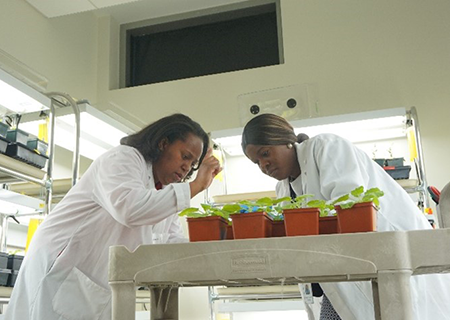
Thankfully, Dr. Sankoh found a Ph.D. advisor, Tessa Burch-Smith, Ph.D., who advocated for her and helped meet her needs. “Tessa took the time. She understood my frustrations and challenges and worked with me to reduce the barriers I faced in grad school,” Dr. Sankoh says. For example, during the COVID-19 pandemic, Dr. Burch-Smith’s lab adopted clear face coverings to accommodate Dr. Sankoh’s need to read facial expressions.
In Dr. Sankoh’s fourth year, she relocated with Dr. Burch-Smith’s lab to the Danforth Plant Science Center in St. Louis, Missouri, where she completed her Ph.D. training and postdoctoral work. Dr. Sankoh studied plasmodesmata, which are membrane-lined holes found in between plant cells. These holes allow small molecules, including metabolites and hormones, to pass from one plant cell to another as a form of communication. Dr. Sankoh also studied the plant hormone salicylic acid (SA). She learned that SA doesn’t travel through plasmodesmata like other hormones, but instead uses a different type of cellular opening, called the apoplast. In addition, she found that SA is important in regulating cell-to-cell transport during pathogen infection. Understanding how plants respond to infections may help plant scientists better control the spread of pathogens through plants in the human food supply.
Finding Her Confidence
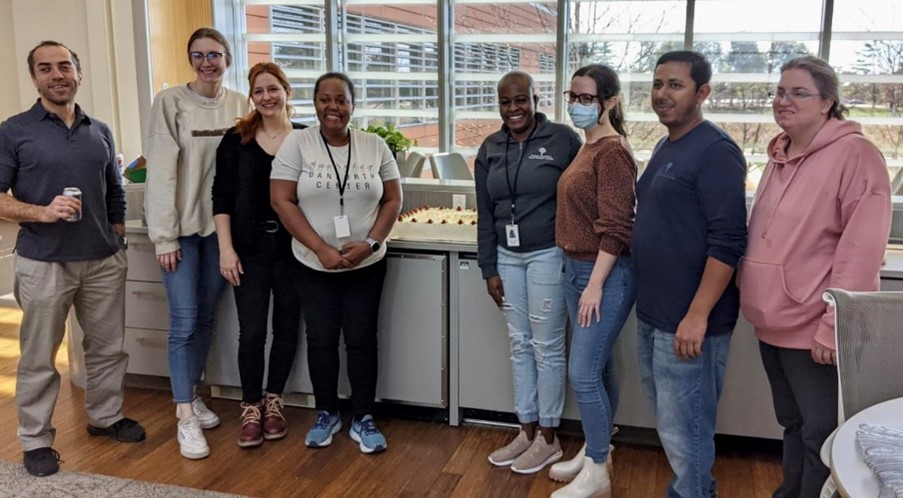
Now, Dr. Sankoh has moved on to Dow Chemical Company in her dream job as a research scientist. “Chemistry has always been my go-to subject, so I’m excited to be immersed in it again,” she says.
Looking forward, Dr. Sankoh hopes to lead a research group and have the same positive impact on the next generation of scientists that her mentors had on her. “In the past, I was so hesitant to dream that big, but I’m finding a new confidence in my communication and leadership skills after successfully completing my Ph.D.,” Dr. Sankoh says.
Dr. Sankoh’s Ph.D. work was supported by the Ruth L. Kirschstein National Research Service Award Individual Predoctoral Fellowship to Promote Diversity in Health-Related Research program through grant F31GM148051.


